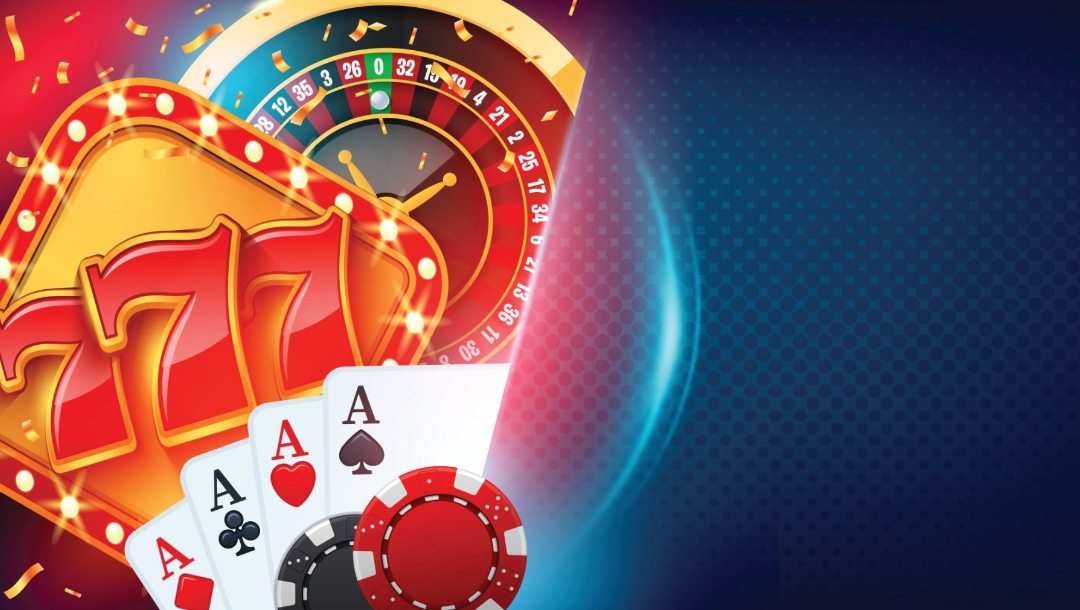
Casino entertainment have long been a fascinating entertainment option, drawing countless of players from different cultures around the globe. From the glitzy casinos of the Strip to the busy gambling halls of the Cotai Strip, these games serve as a link that connects people across a variety of backgrounds. The allure of chance, strategy, and risk entices not only those hoping to gamble for profit but also those looking for a sense of community.
The significance of casino games extends well beyond the gaming floor. They often embody the social norms and principles of the cultures in which they flourish. Games such as Texas hold ’em, pontoon, and the wheel game have embedded themselves into the mosaic of popular culture, influencing multiple fields from movies to clothing. As we explore this fascinating intersection of gambling and society, we can comprehend better how these games shape and are affected by the environment surrounding us.
Historical Evolution of Casino Games
The roots of gambling activities can be traced back to ancient civilizations, where betting in different forms was widely performed. In Ancient China, around 2300 B.C., a variant of lottery known as Keno was common, while in ancient Rome, soldiers would frequently gamble on the outcomes of their contests. The concept of using randomness for entertainment and income developed over the years, leading to the creation of more formal games. By the end of the Middle Ages, gambling houses started to surface in Europe, especially in the Italian peninsula, which brought forth early versions of well-liked activities still enjoyed today.
As betting expanded recognition in Europe, the 17th and 18th centuries saw the appearance of gaming houses as dedicated establishments for betting. The first official gambling house, the Ridotto, was set up in the city of Venice in sixteen thirty-eight, featuring activities like Baccarat and Faro games. This time marked a major pivoting point, as casinos commenced to draw not just the elite but also the burgeoning middle-income class. non GamStop The complexity of games grew, leading to the creation of new regulations and modifications that enhanced the play experience.
In the 19th century, the industrial age and shifts in societal conventions also altered the terrain of gaming activities. The introduction of the game of roulette and contemporary slot machines pulled in a more diverse audience, and gaming houses became seen as legitimate forms of recreation. This time witnessed the worldwide proliferation of gambling, as casinos spread from the continent to the Western Hemisphere, culminating in the establishment of the iconic Strip of Las Vegas in the 20th century. The evolution of casino activities has persisted into the present day, including modern technology and digital sites, allowing them accessible to a worldwide market.
## Cultural Relevance in Various Communities
Casino games have significant cultural and social importance across a multitude of cultures across the planet. For instance, in Las Vegas, the very fabric of the city is woven around casinos, where playing is not just a pastime but a fundamental aspect of social engagement and community life. The bright lights and dynamic atmosphere attract countless individuals, showcasing how casino games can impact local financial landscapes and cultural identities. This surrounding transforms the notion of leisure into an engaging encounter that influences apparel, music, and even movies.
On the other hand, some societies approach wagering with more caution, viewing it through the lens of ethical considerations and tradition. For example, in numerous Eastern cultures, games like Mahjongg and Pai Gow are steeped in history and possess significant social implications. These games are often played during get-togethers and occasions, fostering community bonds and strengthening familial ties. The act of engaging in these games goes above mere amusement, reflecting values such as deference to seniors and the significance of shared enjoyment.
At the same time, in European countries such as the principality of Monaco and Italy, games of chance serve as symbols of luxury and refinement. The refined atmosphere of these locations attracts both travelers and locals, reinforcing a sense of prestige and elitism. The art of the game of poker and the tactical components of games like the game of baccarat are appreciated, influencing community relationships and establishing an allure that enthralls a heterogeneous audience. This underscores how gambling can simultaneously reflect and mold cultural attitudes towards risk, reward, and relationship building.
Financial Influence and Tourism
Gambling activities play a important role in the financial context of many regions, particularly those that depend significantly on tourism. The revenue produced from gambling establishments fuels local financial systems, creating employment opportunities not only within the casinos themselves but also in connected industries such as hospitality, dining, and entertainment. This influx of tourists, drawn by the allure of games and the overall casino experience, stimulates expenditure across multiple businesses, contributing to the economic vitality of the area.
The existence of casinos often leads to the development of facilities, including hotels, public transit, and recreational facilities. These developments are essential in improving the overall tourist experience, making destinations more attractive to visitors. Additionally, many casinos contribute in local communities through support of events and philanthropic initiatives, further embedding themselves into the community structure of the region. Such investment not only supports economic growth but also cultivates a positive reputation of the casino industry.
Moreover, the worldwide appeal of casino games drives competitive tourism, with regions vying to attract gamblers from around the world. Iconic destinations like Las Vegas and Macau have become identifiable with casino culture, drawing millions annually. This competitive edge encourages creativity and variety within the gambling sector, influencing developments in entertainment and hospitality that resonate beyond their limits. The ripple effects of this visitor influx extend far, impacting local economies and cultural interactions on a global scale.